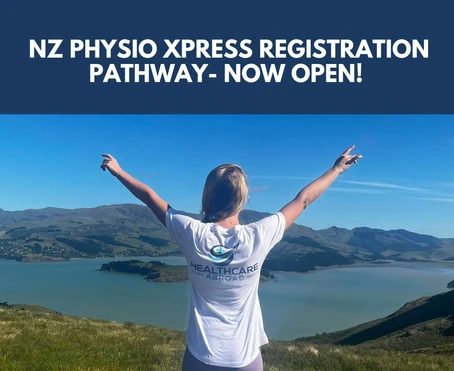I made the move to Australia in September 2022 and have been working as a Physiotherapist in community disability for 6 months – the time goes so fast! I hope this blog with my experience helps with your decision if the move to Australia might be right for you and answer a few of those questions that I definitely had!
To give a brief background, before moving to Australia I had 2 years of acute rotational experience (MSK, neurosciences, respiratory, elderly care, orthopaedics, trauma, and ICU) and 1 year of MSK. The job role I chose here was a community disability role under the National Disability Insurance Scheme (NDIS). The NDIS provides funding to people with disability to gain more time with family and friends, greater independence, access to new skills, jobs, or volunteering in their community, and an improved quality of life. This was a big change of environment and after mostly acute work, I wasn’t sure if it would be the right choice. However, I am really enjoying the role here so far!
The caseload I see here is super varied which I really enjoy! I see both adult and paediatric clients with a variety of conditions. Some of these include Motoneurone Disease, Parkinson’s, Multiple Sclerosis, Cerebral Palsy, spinal cord injury and stroke. I also support those living with mental health conditions, intellectual disability, autism, and developmental delays. The variety is challenging but also a great learning and development opportunity.
I’ve summarised the main differences in a list below that I’ll go into more detail for!
1. Pay vs cost of living
2. Work life balance
3. Targets and potential for bonus
4. Positive culture and social opportunities
5. CPD and learning opportunities
6. Billing
7. Reports
8. Travel
1. A biggest difference is that the pay here is much higher. The cost of living is slightly higher with food and alcohol being the biggest difference. However, with the cost of living increasing so much before I left the UK, the difference wasn’t as noticeable as I’d expected. I have much more expendable income to allow for both travel and saving. If the cost of the exams and visas is putting you off (I know it was a big concern for me!), you will likely earn that back very quickly as the salaries here are much better.
2. I have found the work life balance is much better, I work 4 days on a higher salary than my 5-day working week in the UK. I also work regular 9-5 shifts and I’m not expected to work weekends. This leaves so much opportunity to travel within Australia! My experience has also been an extremely flexible working day. This means if I reach my daily targets, the time I complete it in is flexible. This includes working from home or from the office.
3. Daily targets and bonus opportunity is another thing I hadn’t experienced before this job. The targets can be daunting, especially when you first arrive. My personal experience is that my company supported me very well with a few months to get up and running and a great induction process. My targets mean I have to complete 5 billable hours of client time a day which can include intervention sessions, phone calls, emails, note writing and travel. I found this a super achievable target, especially to pressures I had in previous job roles. For example, if I see 4 patients a day, I hit my daily target easily. If I can see more and bill 5.5-6 hours, then there is an opportunity to get a bonus.
4. The thing I really enjoy about work here is the culture. The company I work for, has been great at organising socials and there are optional weekly Friday drinks. This made it so easy to fit into a new team and meet new people when I arrived.
5. There are monthly teaching sessions and weekly meetings which can cover company updates or a topic you request. After the probationary period there is also opportunity to have CPD courses covered. I also feel like because the targets are more achievable it does leave some time in the working day to look things up as needed too!
6. The billing is time consuming and complicated to learn! However, after a few months it does become second nature. It can just feel like a lot to learn at the start!
7. The NDIS requires long reports (4 hours) to be written to justify Physiotherapy services. These are more thorough versions of initial assessments you would complete in the UK. Although these take a long time, you can make the best of it by writing it outside in the sunshine or at a local coffee shop!
8. One of the best for last, the travel opportunities in and around Australia. As Australia is so big, there’s amazing opportunities for weekends and short breaks away to travel! Especially in Victoria, they love a public holiday, so it never feels like a long gap between working and exploring! The photos of some of the beautiful places and wildlife hopefully speak for themselves!
Overall, I have absolutely loved my time here so far, so much that I am looking into the sponsorship route! I am so thankful I moved here and for the support from Healthcare Abroad.
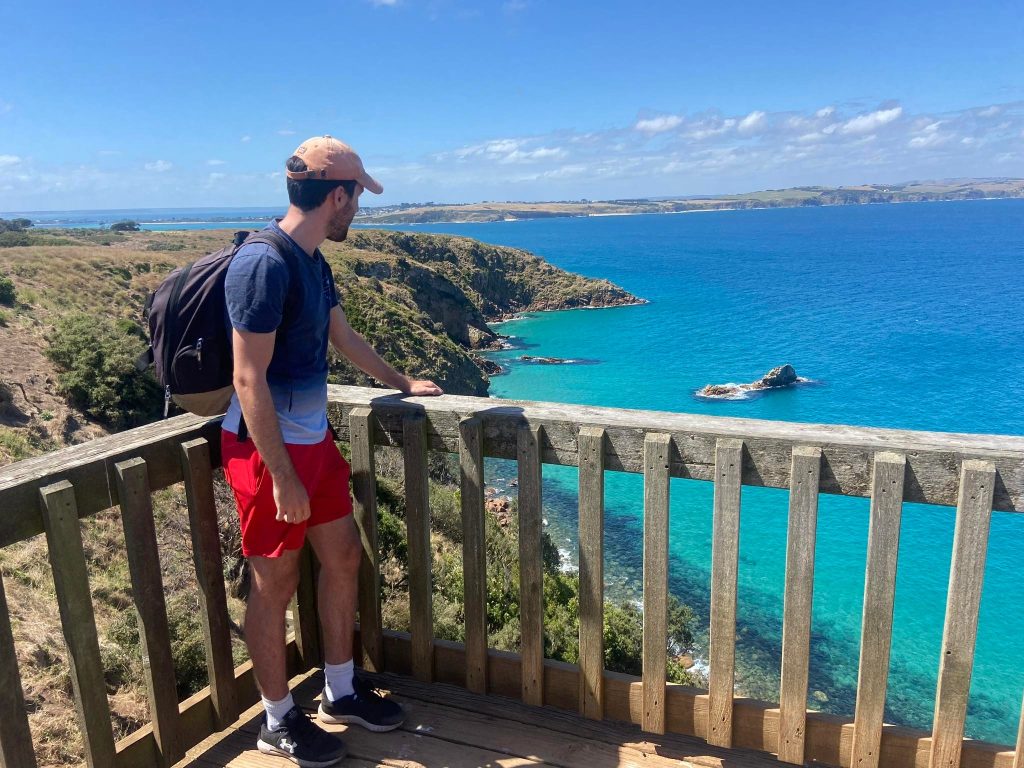

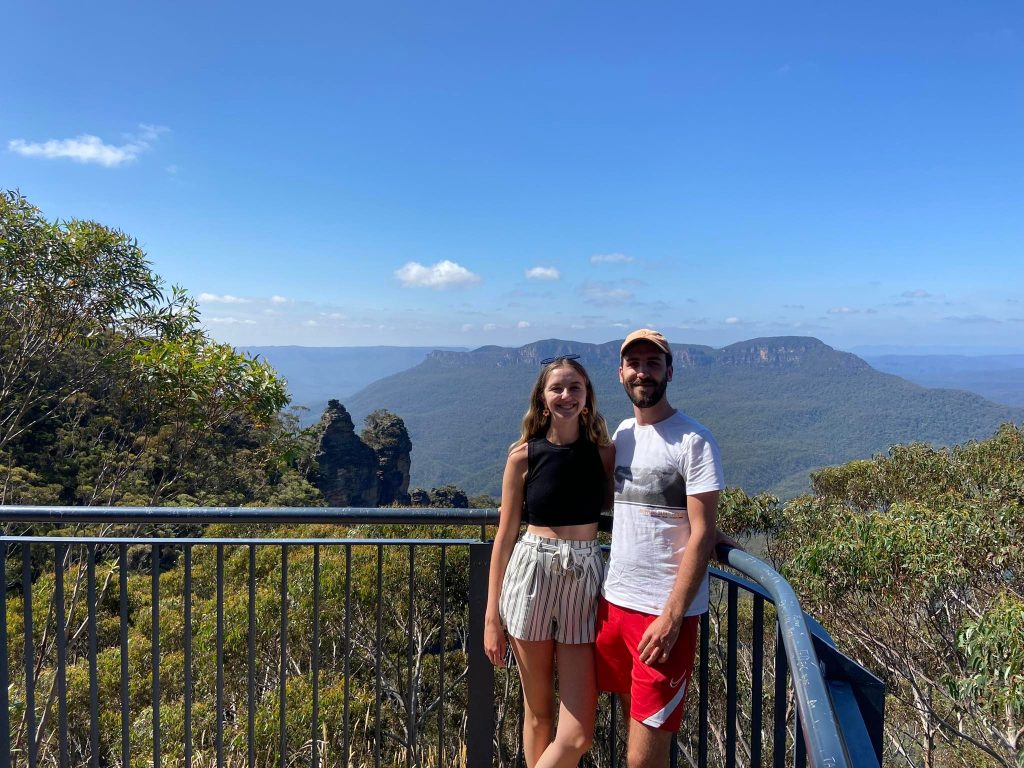




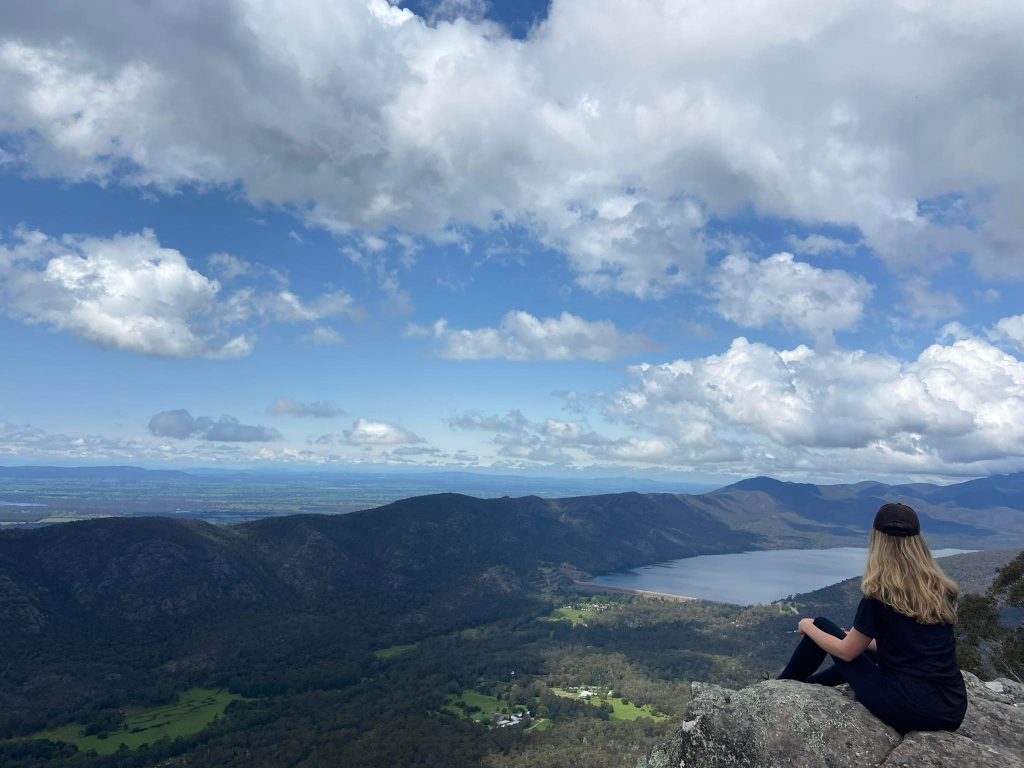

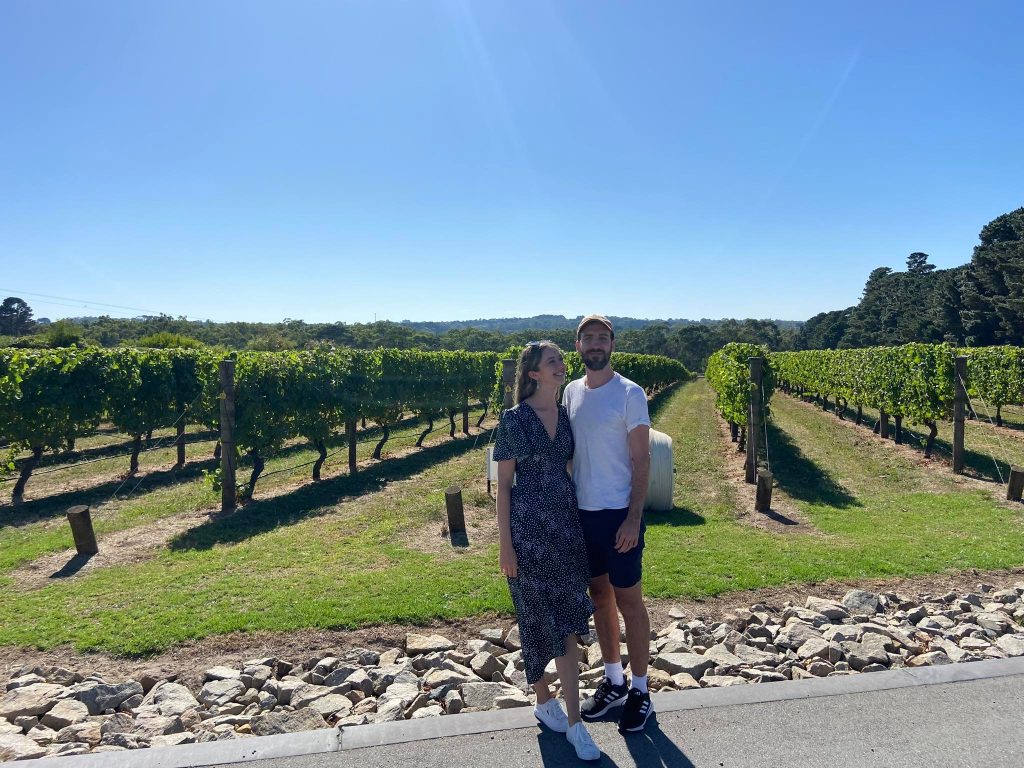
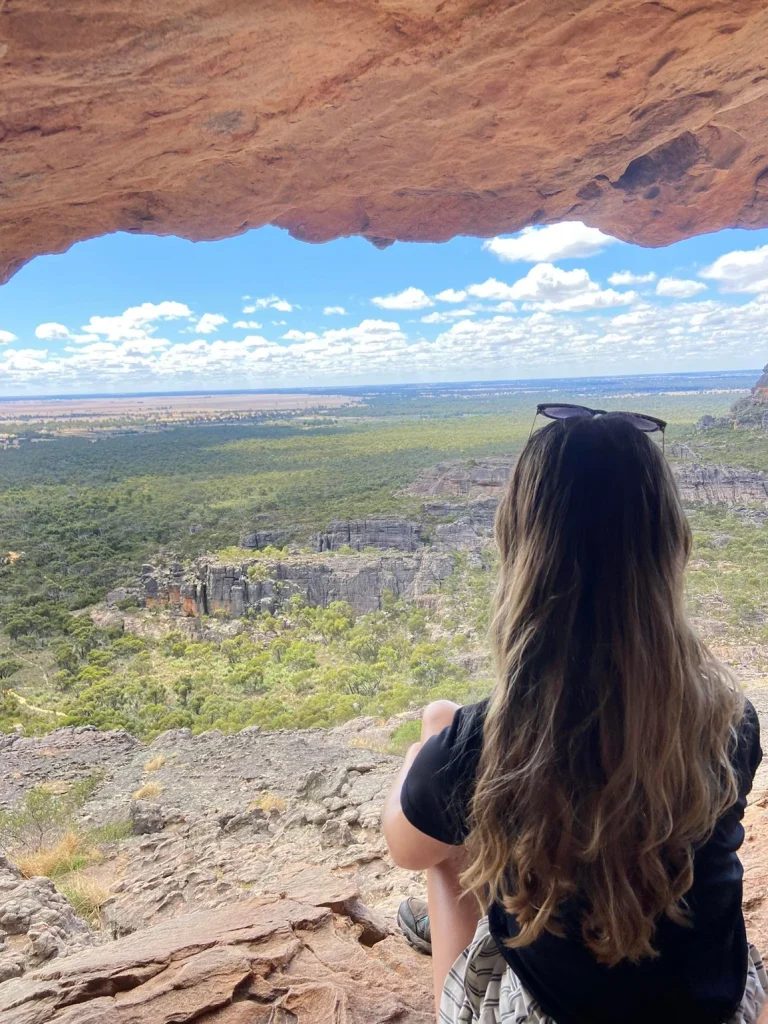
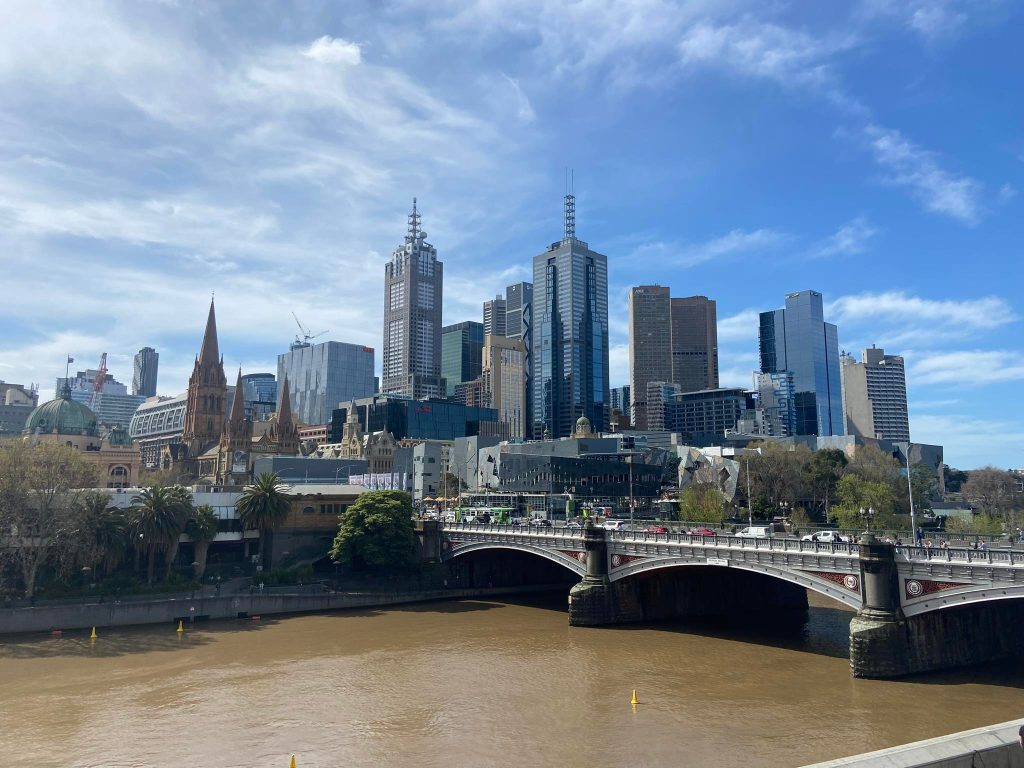
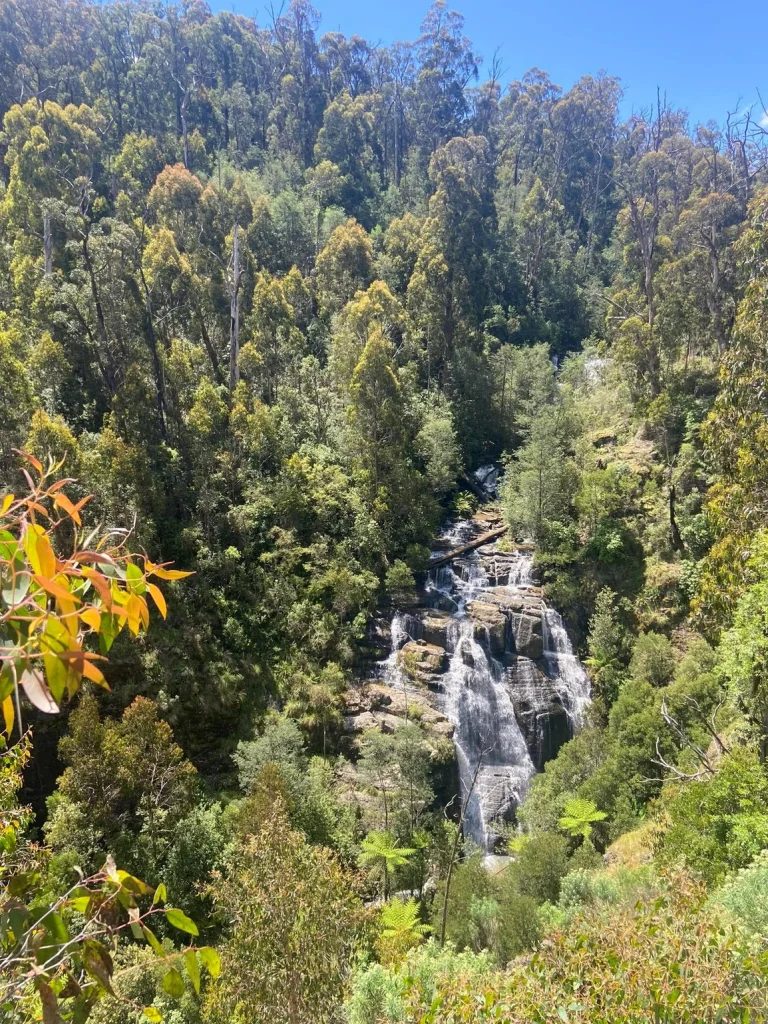
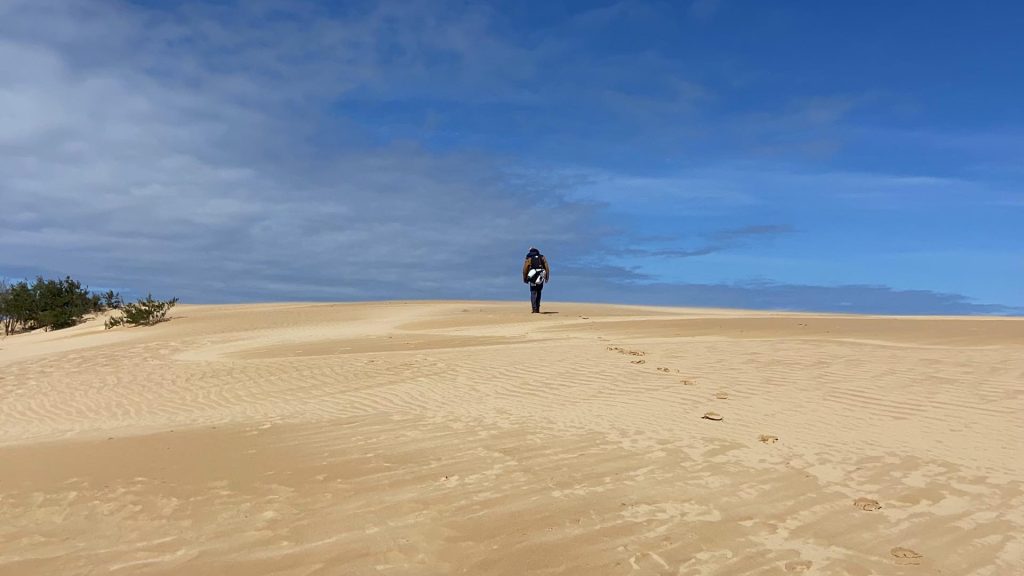



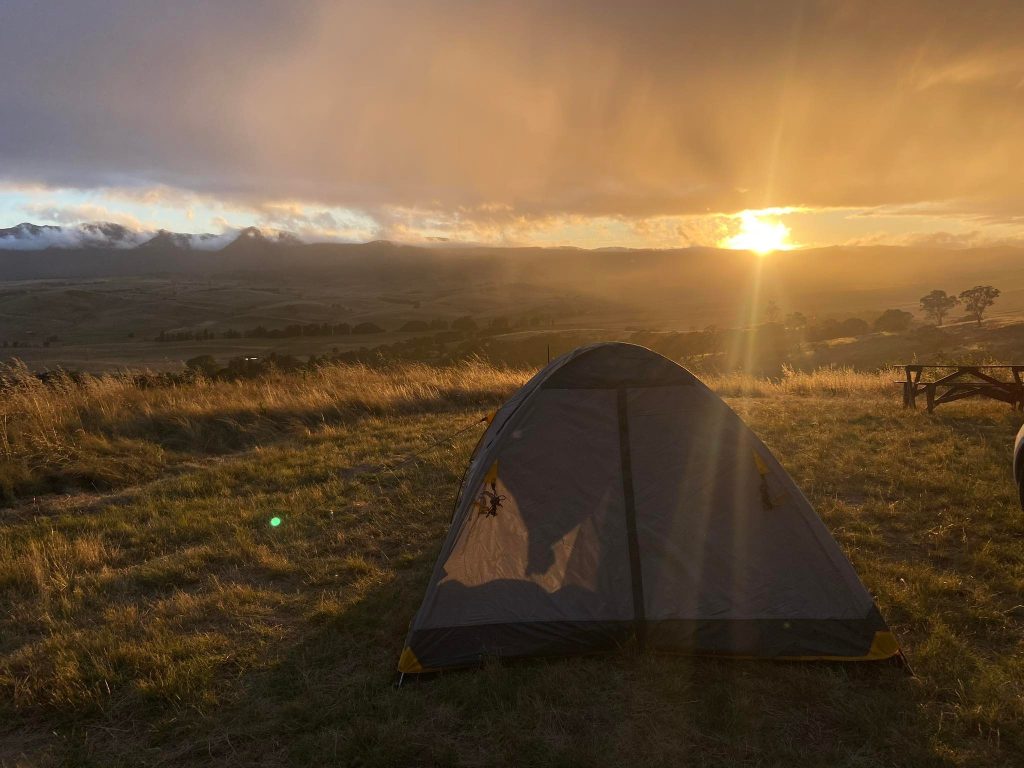


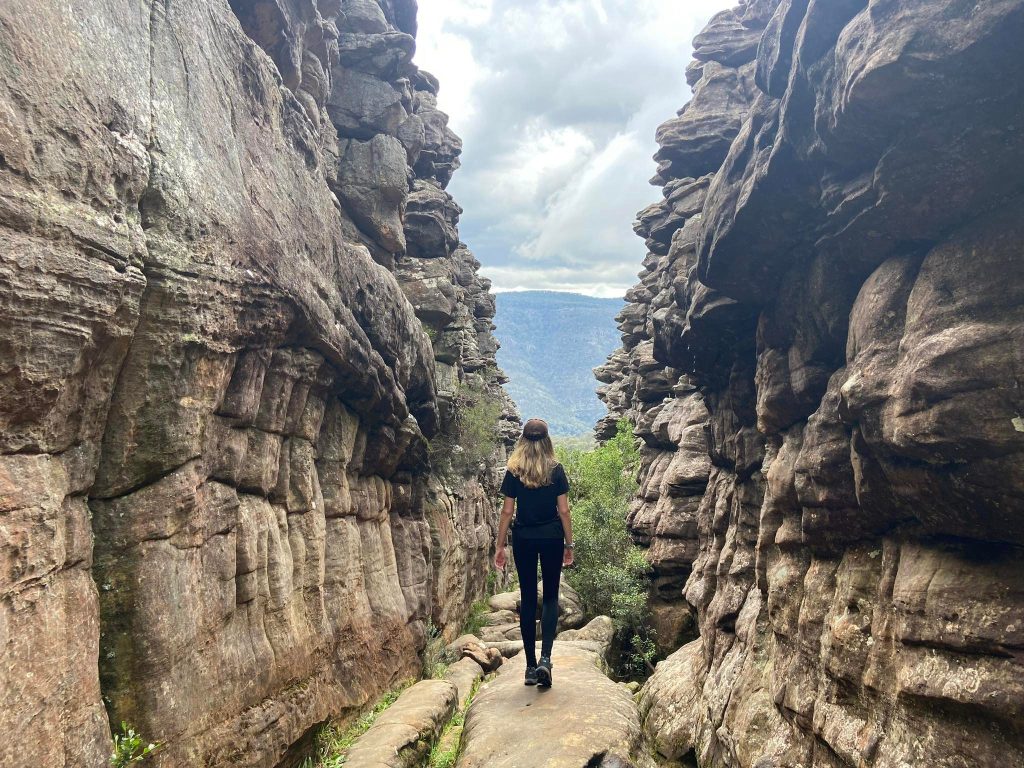

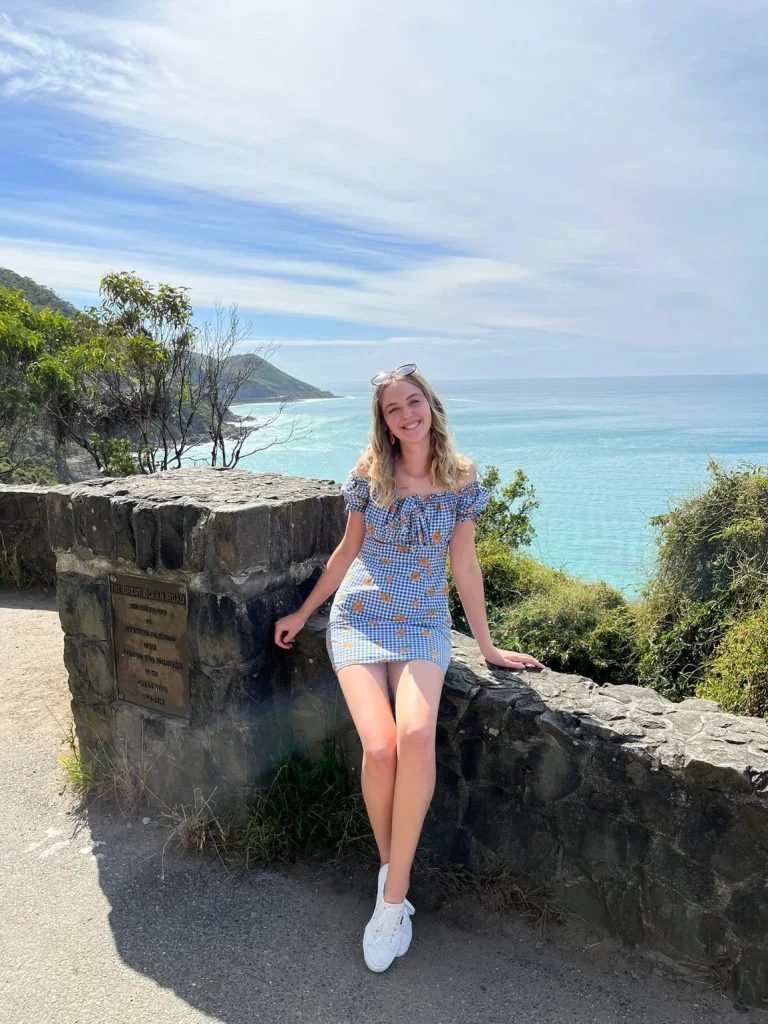
Latest News
-

We are REALLY excited about the new NZ Xpress Registration Pathway for physios which can be applied for from TODAY (13th December)!
Xpress Nz Pathway Released For Physios!
-

There is a reason this city until last year was voted the most livable city for six consecutive years running.
Living Down Under: Melbourne


